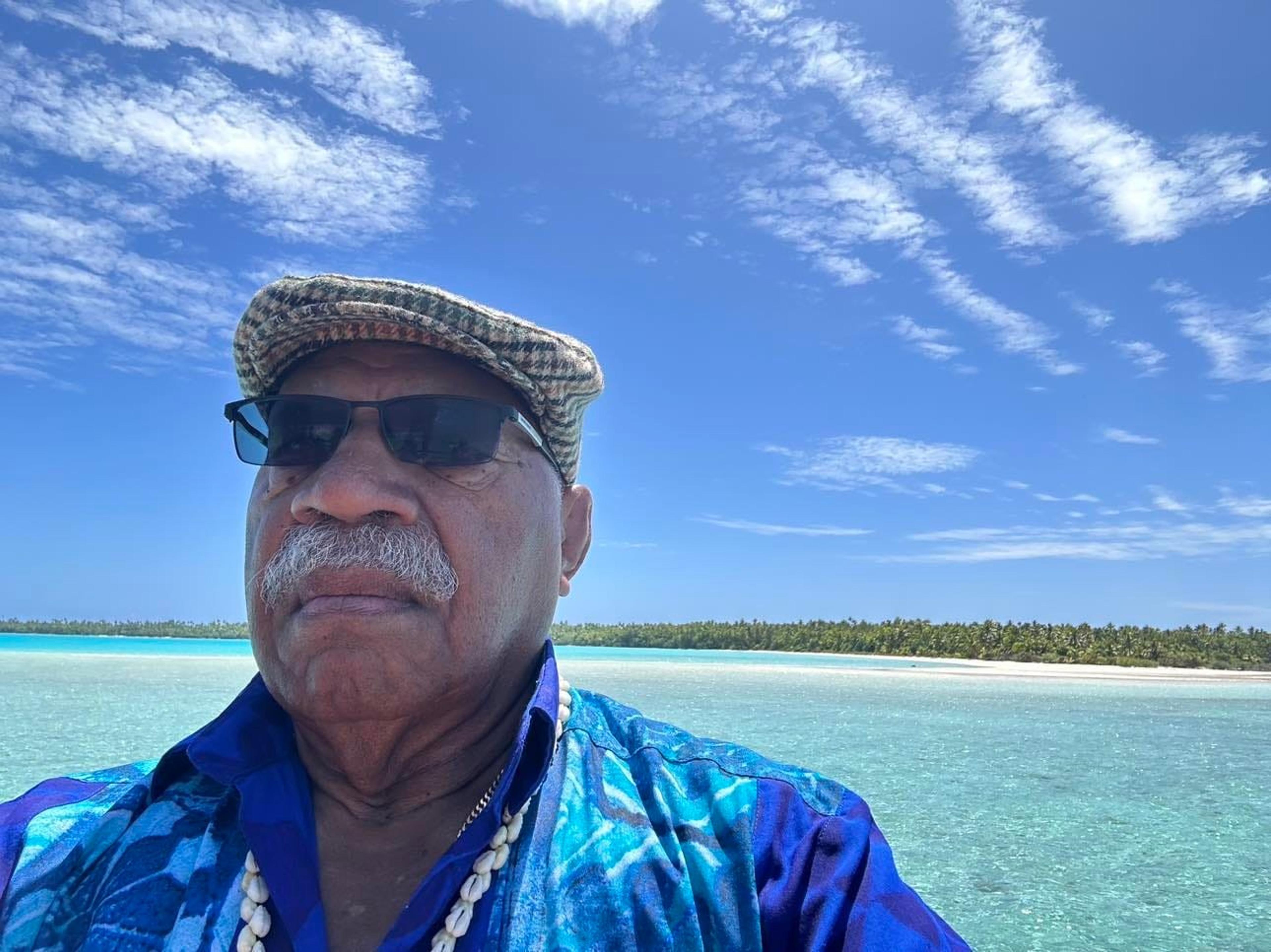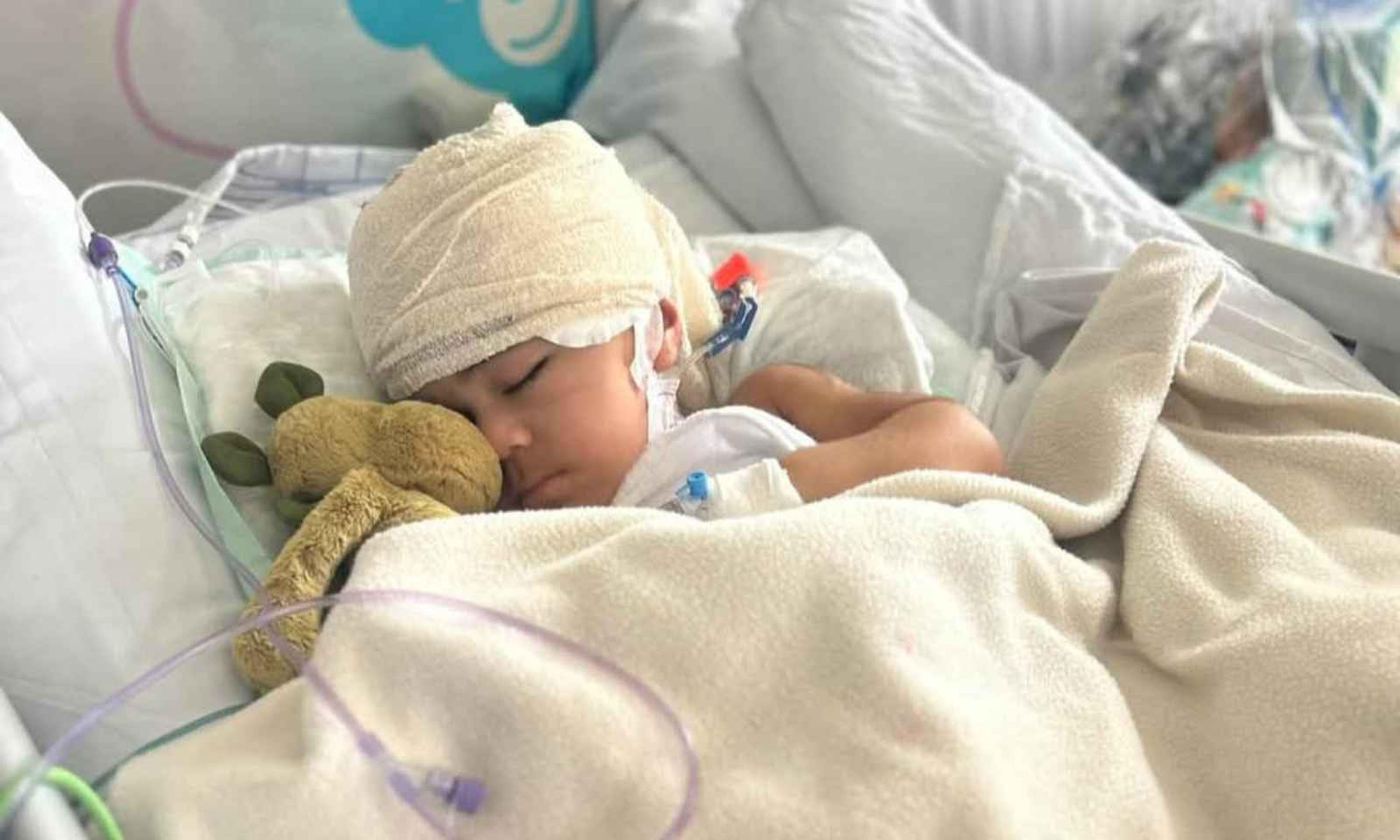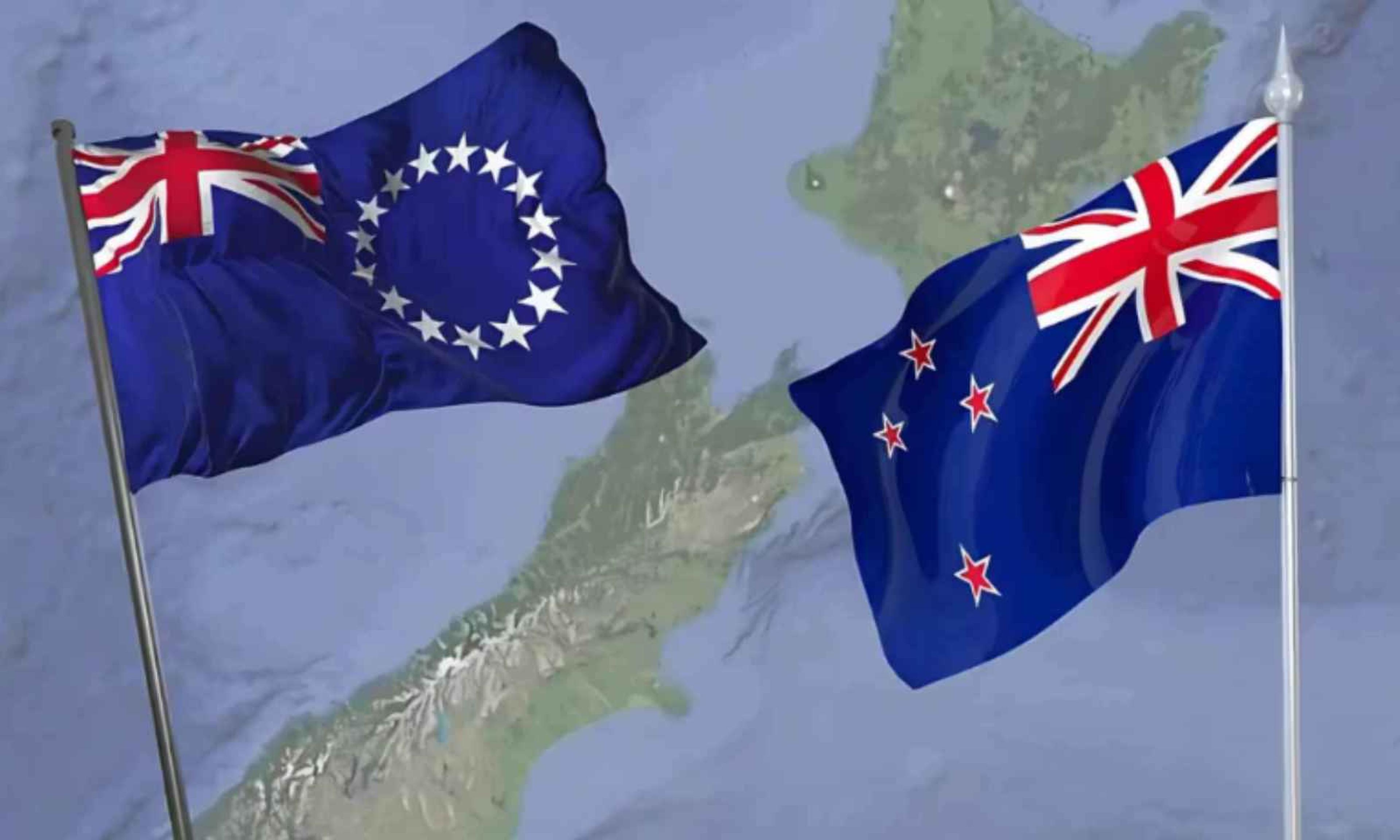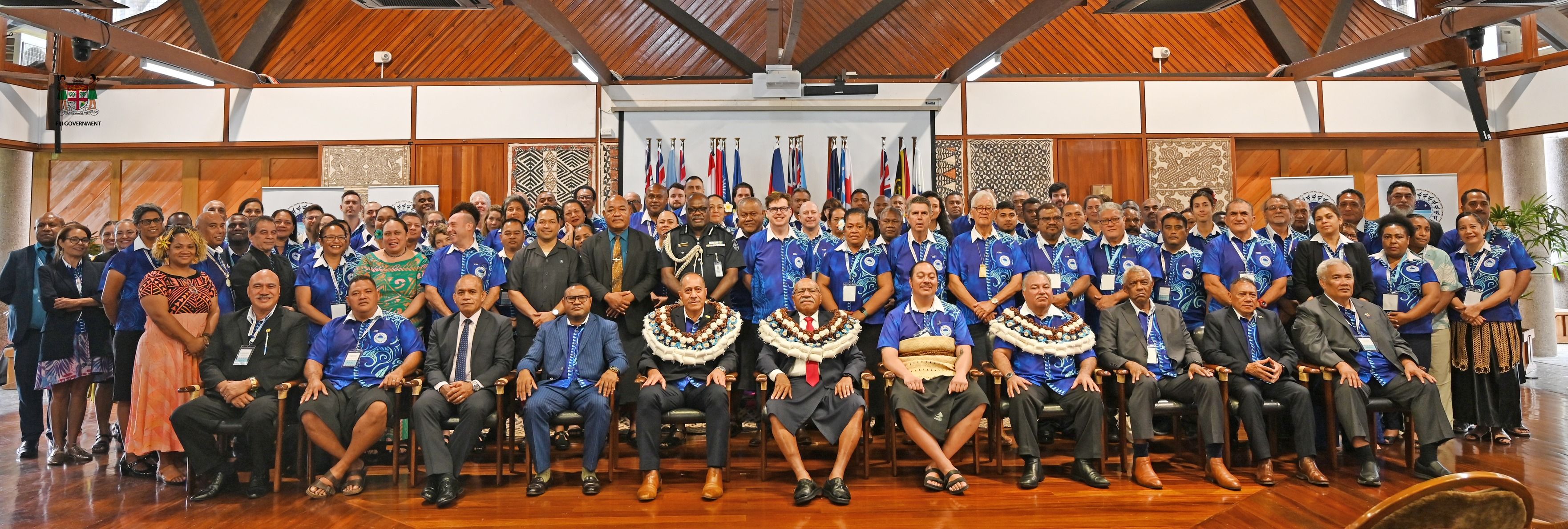

Fiji's Prime Minister Sitiveni Rabuka first introduced the 'Ocean of Peace' concept at the Pacific Islands Forum (PIF) in Rarotonga in 2023.
Photo/Sitiveni Rabuka/Facebook
Fiji's 'Ocean for Peace' plan set for approval at Pacific leaders' summit
Aiming for unity and economic sustainability, Prime Minister Sitiveni Rabuka says the initiative addresses crucial issues in the region.


Immigration grants visa to injured NZ-born toddler after review

Cook Islands projects still delayed as NZ funding suspension continues over tensions


Fears that new police powers will push Pacific youth further into harm

Immigration grants visa to injured NZ-born toddler after review

Cook Islands projects still delayed as NZ funding suspension continues over tensions

Fijian Prime Minister Sitiveni Rabuka's 'Ocean of Peace' initiative is slated for approval at the Pacific Islands Forum Leaders Meeting in Honiara next month.
Rabuka first introduced the concept at the Pacific Islands Forum (PIF) in Rarotonga in 2023. He proposed that Pacific leaders agree on a set of principles that "embed peace as the cornerstone of our individual and collective policies".
He told the Fijian parliament in August last year that the initiative was "both an inspiration and a pathway to a regional arrangement crafted by the states of the Pacific region by other powers."
Marshall Islands' Foreign Minister Gerald Zackios told RNZ Pacific on the sidelines of the PIF Foreign Ministers' Meeting in Suva on Thursday that Rabuka's proposal had passed the second-to-last hurdle before leaders' consideration in Solomon Islands.
"We just need to make sure that we address the key important issues for all of us, what peace translates to. Peace can be only achieved when we have economic sustainab[ility], as well as addressing the safety and security of our people.
He confirmed Pacific foreign ministers have recommended the inclusion of the proposal in PIF Leaders Meeting agenda next month.
"All of us have agreed that we endorse it [and] for it to move forward."
The outcomes from the PIF Foreign Ministers' Meeting is yet to be released.

Pacific government officials and representatives at this week's Foreign Ministers meeting in Suva. Photo/Fiji govt
Pacific needs 'one voice'
Zackios said that, for the Marshall Islands, nuclear legacy issues remain top of mind.
This year, the Marshall Islands marked 71 years since the most powerful nuclear weapons tests ever conducted were unleashed.
The Micronesian nation experienced 67 known atmospheric nuclear tests between 1946 and 1958, resulting in an ongoing legacy of death, illness, and contamination.
The country's President Hilda Heine says her people continue to face the impacts of US nuclear weapons testing seven decades after the last bomb was detonated.
"We have now the opportunity, through the mechanisms that we discussed this morning to progress that," Zackios said. "We hope that their inclusion, for example, in the Ocean of Peace concept that we're very grateful that it's been included into that consideration.
"But we need to become better unified...we are, but we need to be a little bit more collective in moving the issues forward. We need to come with one voice as we discuss these issues, not only regional, but globally."
Zackios added the region can always do better. "We need to to combat and restrengthen our collectiveness in working towards regionalism."
Responding to a question regarding donor partners being blocked from participating in Honiara in three weeks' time, he said: "There should be space for leaders to discuss our political priorities, and after that, then to share those priorities with all our relationships."
"It shouldn't exclude any one of our relationships. We can only learn from what happens if it doesn't take place."